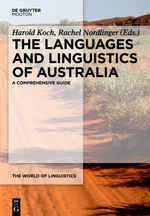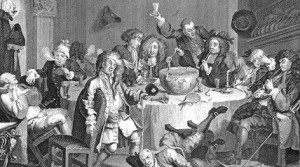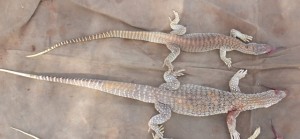The Northern Territory Government is advertising a three year position to coordinate bilingual education in the Northern Territory. Advertised for one week only in the Northern Territory Government Gazette – but apparently that’s standard. Deadline Australia Day 26 January..
A good person in this position could do wonderful things, but they will have to contend with some history.
JOB DESCRIPTION
Job Title: Principal Coordinator Bilingual Education
Designation: Senior Teacher 4
Work Unit: School Education
Position Number: 35174
Responsible To: Executive Director, Schools North
Primary Objective
The Principal Coordinator Bilingual Education is the department’s officer responsible for the overall co-ordination and strategic leadership of bilingual education in the Northern Territory and is tasked with leading the development of a strategic framework for bilingual education in the Territory.
 Follow
Follow

